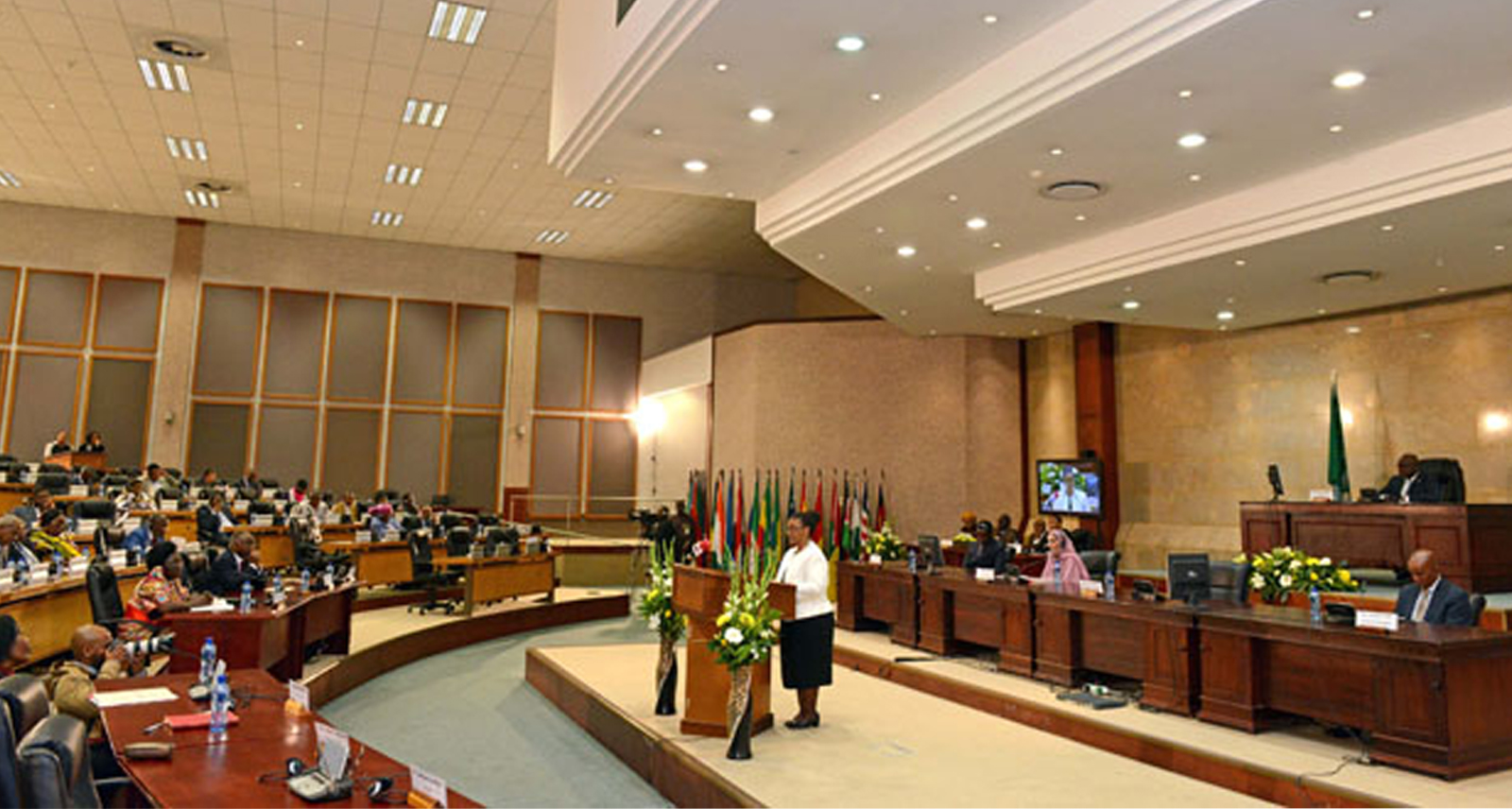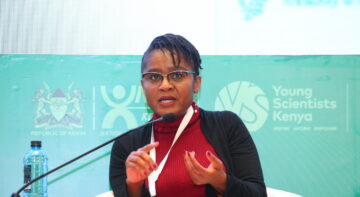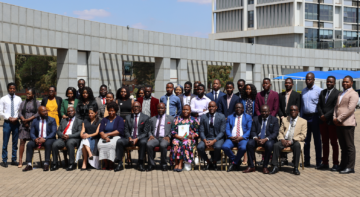Blogs

Evidence-informed policymaking (EIPM) entails policymakers using the best available evidence in making policy decisions. Many stakeholders have in recent years invested in interventions that enhance EIPM, particularly in low and middle-income countries (LMICs). Policymaking in the public sector requires diverse actors such as policymakers, practitioners, knowledge intermediaries, researchers, civil society organizations and funders. These actors weigh different types of evidence in ever-changing contexts of political priorities, competing interests, cultural values and limited resources. You may be wondering, what is this evidence and what constitutes evidence? Most EIPM experts have leant towards a broad definition of what evidence is: “the available body of facts or information indicating whether a belief or proposition is true or valid. »
How do we measure the success of EIPM?
Literature has not provided enough information on how the impact of EIPM can be measured. EIPM strategies have focused on capacity building, relationship building, co-production of knowledge, technical assistance and synthesis of research evidence. These strategies have either been implemented as stand-alone strategies or together with others. Measuring the impact of these EIPM strategies becomes difficult as policymaking is a complex process.
Two schools of thought on policymaking have been widely debated in literature. The first views policymaking as an orderly cycle with independent neutral inputs at each stage which progressively improves the policy and its implementation. However, this is likely to be more applicable in situations involving randomised experiments where results demonstrate what works.
This begs the question: What works then where politics plays a central role in determining what policies are adopted? This leads us to the second school of thought which recognizes that policymaking can be disorderly, complex and political where evidence is one factor weighed alongside political priorities. Interventions developed from the second school focus on changing norms, political incentives and governance which present a challenge in measuring the impact that they have.
What have we learnt?
- Norms and procedures in government are constantly shifting and very little is institutionalised.
- Due to the bureaucratic process of policy development, policy adoption is delayed and evidence loses its currency.
- Governments possess weak accountability systems and therefore data quality is not reviewed prior to decision making.
- Many African governments would rather use consultants many of whom possess a limited understanding of the local political economy or EIPM principles.
- African governments are dependent on external funding for conducting policy processes.
What has AFIDEP done to build a culture of evidence use? What needs to be done?
At AFIDEP, we seek to change the belief system and values of policymakers to a culture where evidence is always considered when making decisions. We recognise that EIPM is not an endpoint but a dynamic and evolving process. In 2018, we undertook a study which involved a review of literature, drawing from our experiences and key informant interviews with 24 experts involved in the policymaking process. We identified many barriers in evidence use some of which are; individual skills and behaviours, organisational skills and structures, networks and structured interactions between policy and evidence actors and institutional level barriers.
Some barriers in evidence use are; individual skills and behaviours, organisational skills and structures, networks and structured interactions between policy and evidence actors and institutional level barriers. Share on XDrawing from AFIDEPs experience and insight from respondents as well as literature, the following outcomes have been identified;
- Government officials expect to review a range of evidence and the quality of evidence when developing policy products, and senior leaders require evidence to be referred to in policy submissions (behaviours). In order to instill this culture, AFIDEP engaged the Malawi Parliament through the Malawi Parliamentary Support Initiative (MPSI) project to enhance the capacity of Parliamentary committees to request for and use evidence. Committees gather evidence from various stakeholders and then draw up recommendations that are presented to the House to be debated before a policy is adopted.
- Policy development processes engage with evidence from diverse stakeholders and multiple perspectives from civil society, communities, research and businesses, strengthened by functional accountability mechanisms and networks (process).
- Routine evidence use is facilitated by evidence sharing platforms, key staff and units with an evidence role providing research reviews, and functioning statistical data and M&E systems (structural). As part of our work, we have equipped units within the Malawi Parliament with the necessary skills to effectively contribute to the use of evidence in Parliament through the MPSI project and by inspiring political behaviour and reforms to improve performance of Parliament through the Malawi Parliament Enhancement Project (MPEP).
- Routine evidence use is institutionalised, reinforced, incentivised and monitored through processes and standards, supported by senior managers, and reinforced by political commitment from the top levels of government (structural/process). For instance, under the MPSI project, the Malawi Parliament adopted guidelines for calling for and using research evidence which will contribute to policymakers generating relevant evidence needed to inform policy.
- Senior government leaders invest in and provide funding for research, knowledge translation and R&D for industry.
To evaluate the impact of EIPM, there is need to develop measures that are flexible enough to accommodate different types of interventions, outcomes and changing contexts of the policymaking sphere. Drawing from the examples of the MPSI project above, the goal was to ensure that decision-makers capacity is built to enable them to request for the relevant evidence on various policy positions even in the absence of EIPM experts.
Related Posts





